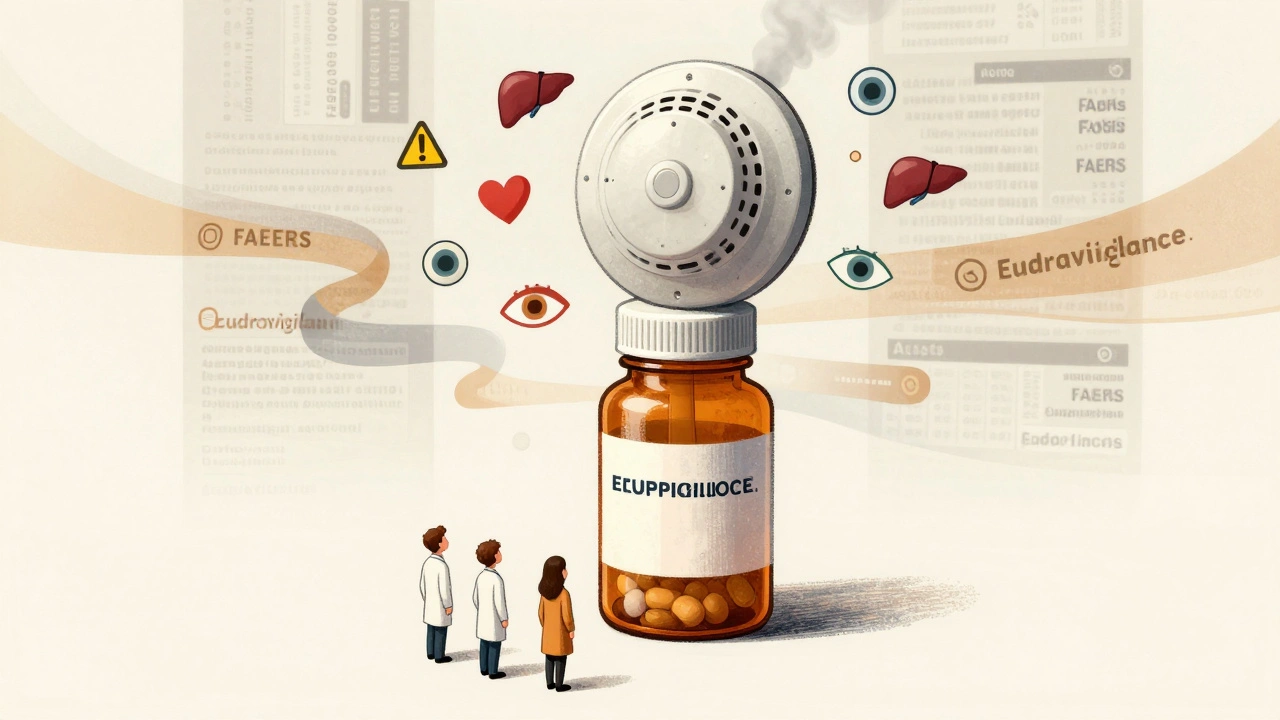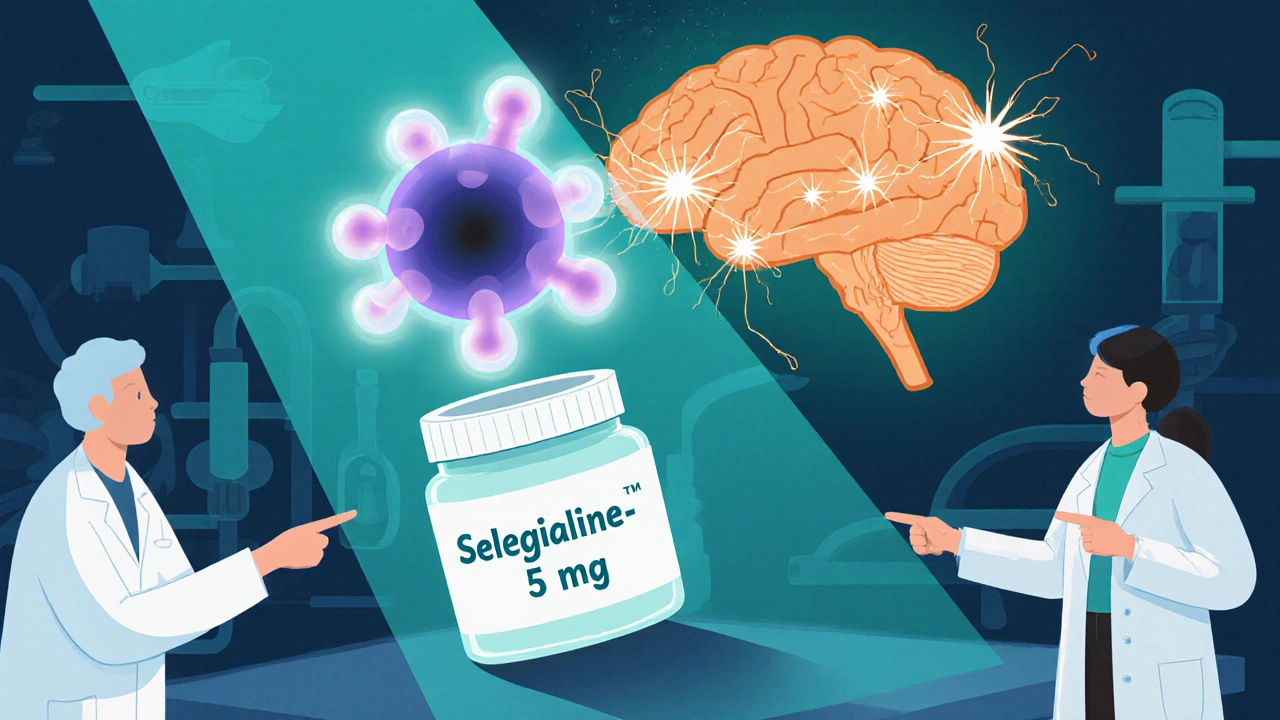Drug safety signals reveal hidden risks that clinical trials miss. Learn how post-marketing data, statistical tools, and real-world use uncover adverse reactions-and why vigilance doesn't stop after approval.
If you’ve ever wondered why new medicines appear on the market, the answer is clinical trials. These are research studies that test whether a drug, device, or procedure works and is safe. For participants, a trial can mean early access to cutting‑edge treatments, and for science, it means data that can save lives.
Before you sign up, you need to know the basics. Trials are run in phases, each with a specific goal. Phase 1 checks safety in a small group of healthy volunteers. Phase 2 looks at effectiveness and side‑effects in a larger patient group. Phase 3 expands the test to hundreds or thousands to confirm results and compare the new treatment to existing ones. If everything checks out, regulators may approve the product.
The first step is finding a study that matches your condition and location. Trusted sources include ClinicalTrials.gov, the WHO International Clinical Trials Registry, and university hospital websites. These sites list details like the study’s purpose, eligibility criteria, location, and contact information. Avoid sites that ask for payment upfront or promise guaranteed cures – reputable trials never charge participants for the investigational product.
When you spot a trial that looks right, reach out to the study coordinator. Ask about the study’s sponsor, what tests you’ll undergo, and how often you’ll need to visit. A legitimate study will provide a clear informed consent form that explains risks, benefits, and your right to quit at any time.
Safety is the top priority in any trial. Researchers monitor participants closely and report any serious side‑effects to an independent board. Keep a personal log of any symptoms you experience and share them promptly. Also, let your regular doctor know you’re joining a study – they can help you track health changes and ensure there are no drug interactions.
Financial aspects can be confusing. Some trials cover travel costs, offer modest stipends, or provide the medication at no charge. Never pay for the investigational drug itself. If a study asks for money, it’s likely a scam.
Finally, remember that participation is voluntary. If the study’s demands become too burdensome or you feel uncomfortable, you can withdraw without penalty. Your health comes first, and researchers respect that choice.
Clinical trials are a powerful way to contribute to medical progress while potentially getting access to new treatments. By using trusted registries, asking the right questions, and staying vigilant about safety, you can make an informed decision that aligns with your health goals.

Drug safety signals reveal hidden risks that clinical trials miss. Learn how post-marketing data, statistical tools, and real-world use uncover adverse reactions-and why vigilance doesn't stop after approval.

Explore Selegiline's mechanism, clinical evidence, dosing, safety, and its potential benefits for treating Multiple System Atrophy.

Explore what we know about Udenafil's role in female sexual health, its mechanisms, trial results, safety profile, and how it compares to other PDE5 drugs.